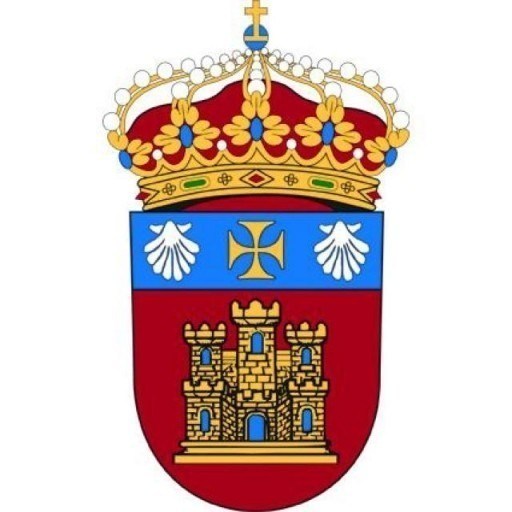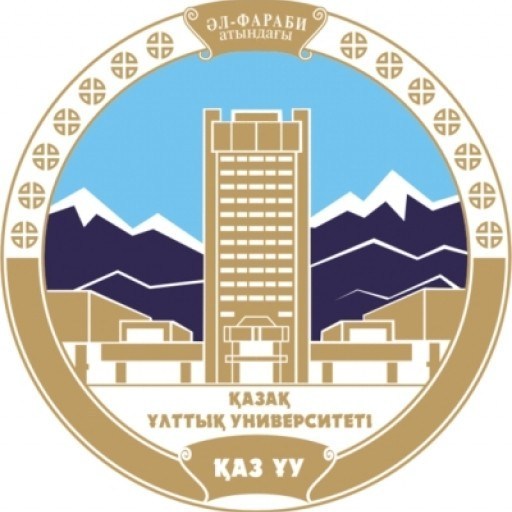Photos of university / #universidadburgos
Industrial Electronics and Automation Engineering at the University of Burgos is a comprehensive and innovative program designed to equip students with the technical skills and theoretical knowledge necessary to excel in the rapidly evolving fields of industrial electronics and automation. This degree combines the principles of electrical engineering, electronics, control systems, and computer science to prepare graduates for a wide range of careers within manufacturing, energy, robotics, and automation sectors. The curriculum emphasizes practical application through laboratory work, project-based learning, and internships, enabling students to gain hands-on experience in designing, implementing, and managing automated systems and electronic equipment in industrial environments.
Throughout the program, students explore core topics such as instrumentation, automation control, embedded systems, digital and analog electronics, sensors and actuators, power systems, and renewable energy sources. They are also trained in the use of advanced software tools for circuit design, process simulation, and control programming, ensuring they are proficient with current industry-standard technologies. The program fosters critical thinking and problem-solving skills, encouraging students to develop innovative solutions for complex technical challenges faced by modern industries.
Additionally, the degree emphasizes the importance of sustainable and environmentally friendly practices, integrating modules on eco-efficient automation and energy management. The multidisciplinary nature of the program allows students to collaborate across different engineering fields, preparing them for teamwork in professional settings.
Graduates of this program will be well-prepared to pursue careers in designing, maintaining, and improving electronic and automation systems in various industrial sectors. They may work in roles such as automation engineers, control systems technicians, maintenance managers, and systems designers, or further their education through master's and doctoral studies. The program’s strong industry connections and emphasis on practical skills ensure that students are highly employable upon graduation, ready to contribute innovatively to the digital transformation of industry.
Detailed Course Facts
Tuition fee- EUR 1014 Year (EEA)
Duration full-time 36 months Languages Take an IELTS test
- Spanish
Course Content
FIRST YEAR
- Biological Anthropolgy (English Friendly)
- General Geography
- Basic Archaeology
- Universal Ancient History
- History of Ancient Art
- Introduction to Prehistory
- Universal Medieval History
- History of Medieval Art
- History of America: American cultures, Colonial times and Independency
- Texts, Images and Graphics Analysis and Commentary
SECOND YEAR
- Prehistoric Socities
- Modern History: Monarchies and Empires
- History of Modern Art (English Friendly)
- Palaeography (English Friendly)
- 20th Century History
- Contemporary Art Movements (English Friendly)
- Cultural Anthropology (English Friendly)
- Techniques and Methods in Field Archaeology
Optional Courses
- Prehistoric Technology
- Prehistory of the Iberian Peninsula
- Europe and Spain in 19th Century
- Theory of the History and Historiographic Schools
- Historian Skills: between Practice and Theory
THIRD YEAR
- Atapuerca and Human Evolution (English Friendly)
- History of Spanish Ancient World
- History of Spanish Middle Age
- Geography of the World (English Friendly)
- The History of Latin-America: society, economy and
politics - Introduction to the Study of Cultural Heritage
- Management of Cultural Heritage
- Natural Heritage
Optional Courses
- The Northern Meseta in Ancient times
- European Culture: from the Renaissance to the
Enlightment - Men, Women and Wars in the 20th Century (English Friendly)
- Instruments and Techniques of Territorial Analysis
- Introduction to Archivology (English Friendly)
- Archaeological Heritage
FOURTH YEAR
- History of Modern Spain
- Spain 20th Century (English Friendly)
- Geography of Spai
- Documentary and Bibliographic Heritage
- Ethnological and Intangible Heritage
- Final Degree Dissertation
Optional Courses
- Human Ecology (English Friendly)
- Local History Topics
- Religious Wars in Europe (16th and 17th Centuries)
- History of the United States of America
- External Internships
- Urban Geography and Heritage
English Language Requirements
FCE score : 75(Grade B)
To study at this university, you have to speak English. We advice you to
take an IELTS test. More About IELTSRequirements
University Access Exam is required (Prueba de Acceso a la Universidad).
Work Experience
No work experience is required.
Related Scholarships*
- Academic Excellence Scholarship
"The Academic Excellence Scholarship can provide up to a 50 % reduction in tuition per semester. These scholarships will be renewed if the student maintains superior academic performance during each semester of their 3-year Bachelor programme. The scholarship will be directly applied to the student’s tuition fees."
- Alumni Study Travel Fund
Scholarships for students who are already attending the University of Reading.
- Amsterdam Merit Scholarships
The University of Amsterdam aims to attract the world’s brightest students to its international classrooms. Outstanding students from outside the European Economic Area can apply for an Amsterdam Merit Scholarship.
* The scholarships shown on this page are suggestions first and foremost. They could be offered by other organisations than Universidad de Burgos.
Industrial Electronics and Automation Engineering at the University of Burgos offers a comprehensive curriculum designed to prepare students for the rapidly evolving field of industrial automation and electronics. The program combines theoretical knowledge with practical skills, focusing on the design, automation, and maintenance of electronic systems used in various industrial sectors. Students gain proficiency in areas such as control systems, embedded systems, sensors and actuators, PLC programming, industrial communication networks, and power electronics. The degree emphasizes the development of technical competencies necessary for automation solutions in manufacturing, energy management, and technological processes.
Throughout the program, students participate in laboratory sessions, project-based learning, and internships that connect classroom theories with real-world applications. The curriculum also includes training in computer-aided design (CAD), robotics, mechatronics, and digital electronics, enabling graduates to adapt to technological advancements in industrial environments. Additionally, the program fosters skills in problem-solving, teamwork, and project management, essential for leadership roles in engineering projects.
Graduates of Industrial Electronics and Automation Engineering from the University of Burgos are qualified for diverse careers in designing, maintaining, and improving automated systems across various industrial sectors such as manufacturing, energy, transportation, and telecommunications. They are also prepared to pursue further studies or research in specialized fields of electronics and automation. The university's facilities include modern laboratories equipped with advanced instrumentation and simulation tools that support practical training. The program is aligned with industry standards and technological trends, ensuring graduates are well-equipped to meet the demands of the job market and contribute to innovative technological developments in their professional careers.









